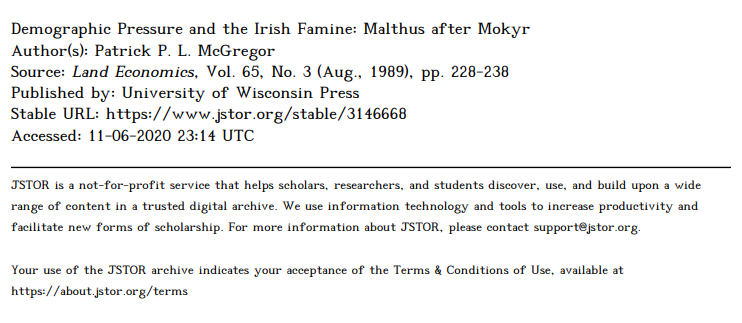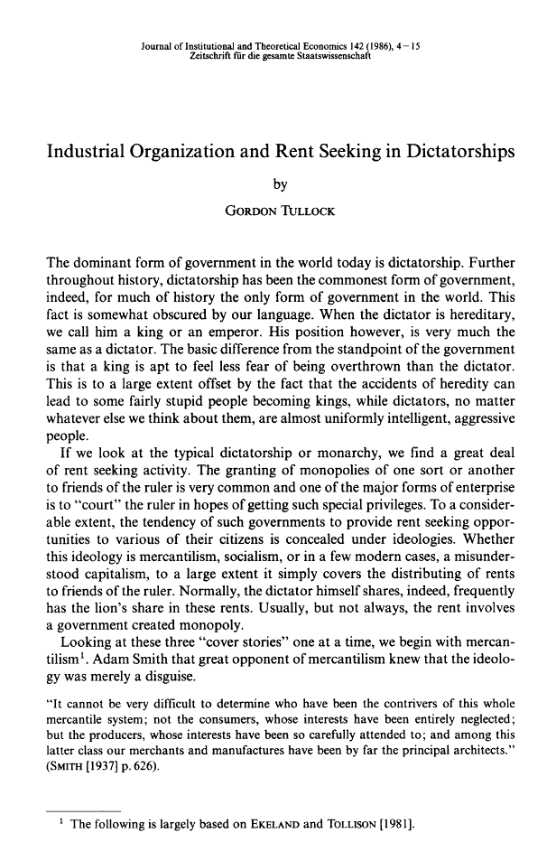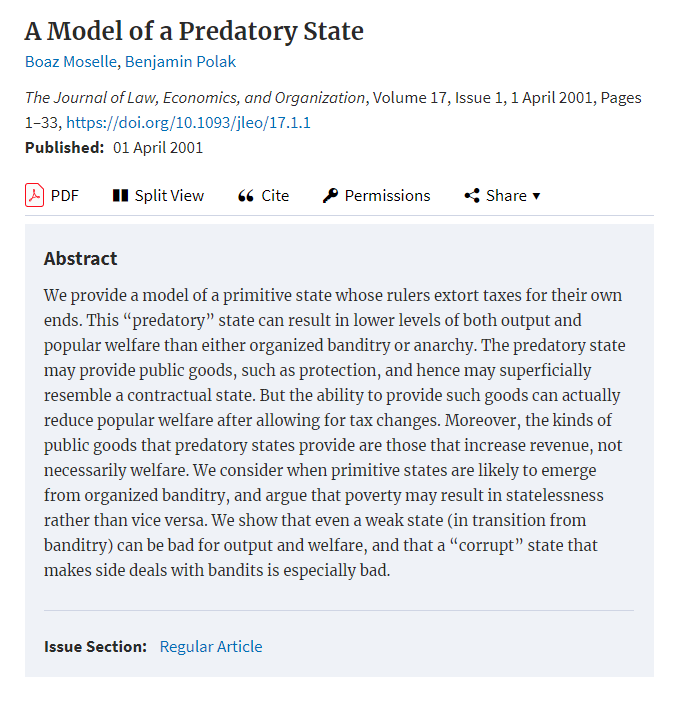
New working paper with @JustinTCallais where we study the allocation of lighthouses in antebellum America. #econhist #econtwitter
papers.ssrn.com/sol3/papers.cf…
papers.ssrn.com/sol3/papers.cf…
People have heavily debated whether markets/states can/need provide public goods. Essentially, people have debated whether public goods are market failures and (if they are) how frequently do these failure happen.
The most frequently used example is that of the lighthouse which has many characteristics that make it a public good (non-excludable and non-rivalrous).
Surprisingly, few people have tested how well governments do once they decide to rectify the market failures. We took the case of American lighthouses from 1790 to 1860 because the way the government provided them after 1790 essentially follows the "textbook solution".
We decided to see if lighthouses were allocated according to "economic" needs or "political" needs. While we find some evidence that lighthouses were allocated where they were economically needed, we also find that there were political considerations going into their allocation.
Our results suggest a benchmark for "how well" the state does once it decides to take over provision.
As American lighthouses were the "gold standard" of public goods provision by government (a bit like @GeorgeSelgin, Bill Lastrapes and @lawrencehwhite1 argue for the Fed in terms of central bank), this suggests how far short of ideal was public provision.
• • •
Missing some Tweet in this thread? You can try to
force a refresh











